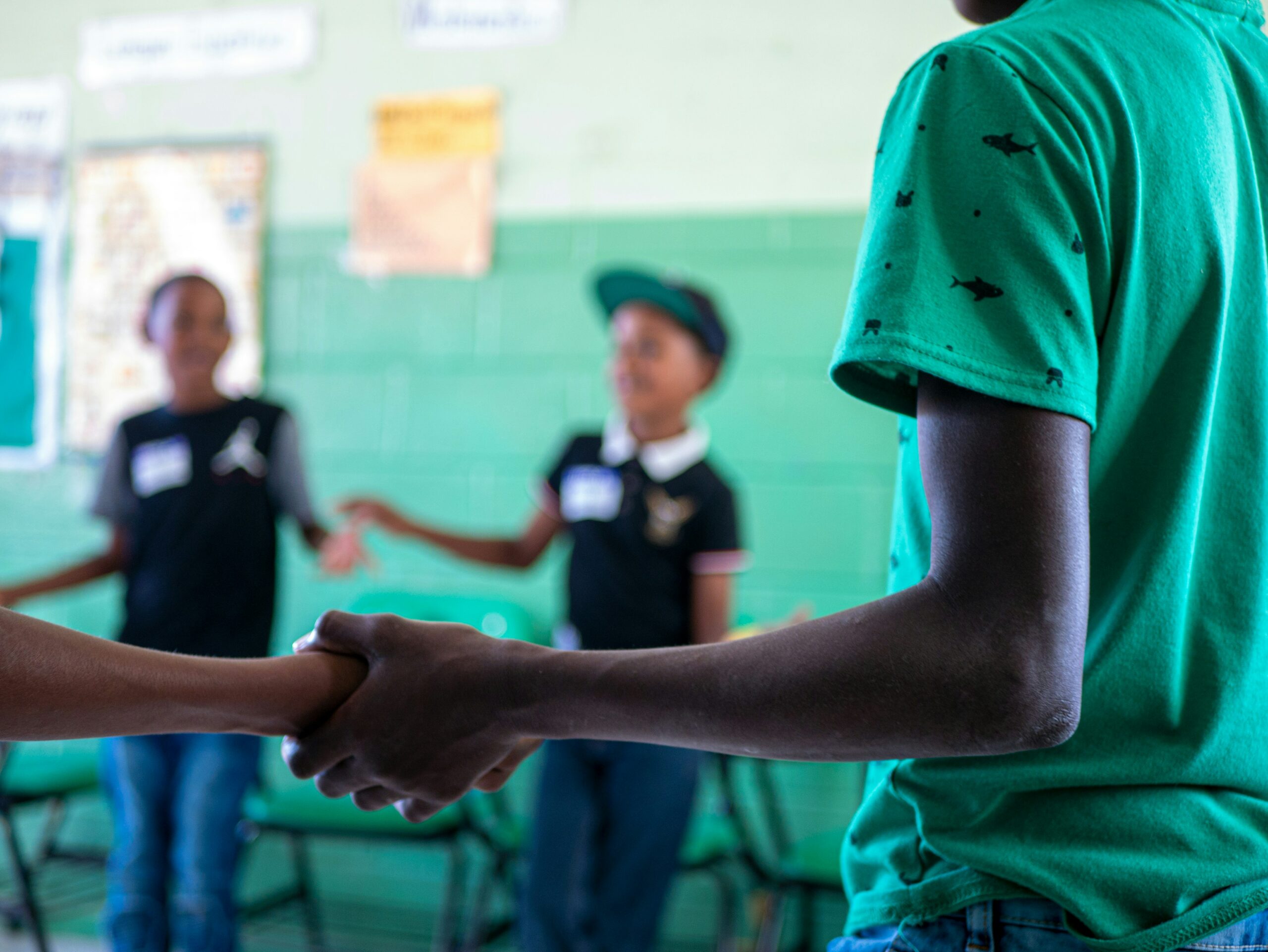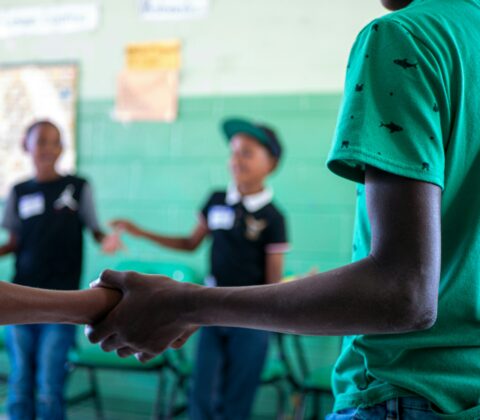

Blog post #2: Explorations into drama-based pedagogy and constructivism
Pedagogy is one of those words I’ve heard again and again throughout my degree, but I never completely understood what it meant. Now that I understand the meaning, I’ve realized that it’s a topic I think about often. I believe that using art as a form of pedagogy, specifically drama or theatre, can create engaging learning environments where students are eager to learn. While there is a time and place for lectures and desk work, I believe that hands on activities and group work are highly effective pedagogical tools. There is evidence that methods such as drama are useful in contexts past just drama; for instance, from topics ranging from math to social emotional development. This study from the review of educational research found that drama-based pedagogy had positive effects on students’ achievements in science, foreign language learning, and math.
Here is a video of drama-based pedagogy in action, where the teacher is using drama exercises to energize the students so that they are more motivated to learn:
Throughout my degree, I’ve focused a lot of my studies on drama in education, and for this reason, I’m a strong believer in the use of drama in the classroom for any age group, including college. In some of the drama in education courses I’ve been in, my professor would use drama to educate us, and I found this highly effective personally.

I believe that networked pedagogy can enhance learning experiences for similar reasons that drama creates positive learning experiences. Collaboration is a constant source for positive learning, and what better way is there to collaborate than through the internet?
Over the summer, I took some online, asynchronous summer courses. In these courses, I was involved in many group projects which required me to communicate and interact with students in my class online. It was incredible how well we could work together when we were physically apart, and through this experienced I learned the true power of networked learning. Rather than working in an isolated online environment, I felt I could find so many resources through my communications with my peers. I think this was fostered by my professor’s emphasis on group learning throughout the courses; while many asynchronous classes feel isolated, these did not because of the use of networked pedagogy.

A learning theory that resonated with me was constructivism. In grade school, I loved project based and inquiry-based learning, as my style of learning is very hands on- I like to learn through doing. These types of projects allowed for me to be curious, and explore topics in the curriculum in my own way. For constructivism to be applied to an online learning environment, large projects such as capstones may be a useful method. Students could work on a large project throughout the semester and present it at the end. This kind of project could easily be a group assignment, and through technology, groups could collaborate and research together to build their own understandings of the topic collaboratively. Here are an example of some online capstone projects from the Master of Educational Technology and Applied Learning Sciences at Carnegie Mellon University.

Today, my understanding of pedagogy is always evolving. I have many aspirations for how I will approach teaching in the future, and a lot of my ideas involve hands-on, collaborative learning that fosters excitement and genuine curiosity.